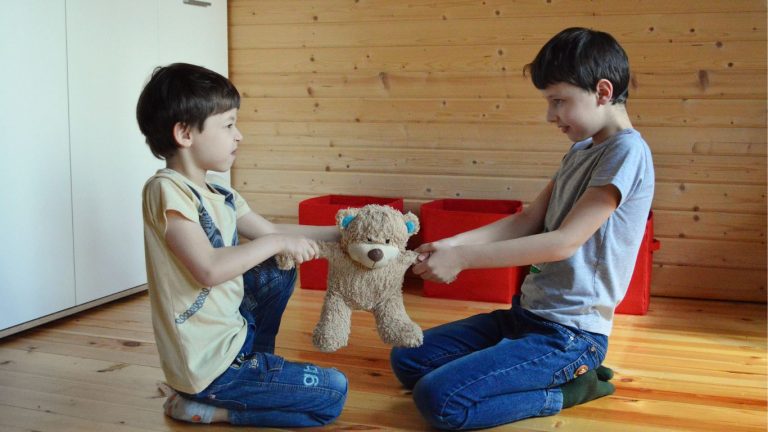Life with children is always busy and planning meals, preparing food, and then getting the little darlings to eat it can take up big chunks of your precious time. Add a fussy eater into the mix and you will feel that most of your day revolves around food.
Amid the stress of dealing with a fussy eater, you will probably feel that your child eats nothing. This is unlikely to be true – children will never let themselves starve if food is available. If your child is growing at an appropriate rate and is happy and active, they must be getting adequate calories from somewhere.
Children have small stomachs and tend to pick at food throughout the day.
If you are concerned about their food intake, keep a record of all food and fluids they have over the day. This will allow you to take a more objective look at what the child is eating.
You may find that the child’s intake is made up of too many snacks, and for this reason will show little interest in the meals you have taken time to prepare.
If your child is filling up on snacks and eating little at meal times, consider limiting their access to snacks. Also consider the type of snacks the child is eating. Snacks high in sugar, such as biscuits and cakes, or high in fat, such as chippies, will certainly dull the appetite.
Also take a close look at the type, amount and timing of the child’s fluid intake.
A drink can be a quick way of getting calories, leaving the child with little appetite. Fruit juices, cordials and soft drinks are all very high in sugar and depress the appetite. All fruit juices and cordials given to small children should be diluted with water.
While milk is a healthy food, a large or constant intake (for example, by a child using a bottle or sipper cup throughout the day) will dull the appetite.
Try not to offer juice, cordial or milk within an hour of mealtimes. If your child really needs a drink, offer water.
If you have a real dinnertime tyrant on your hands, try to stay calm, even though your child may appear to have the upper hand.
If meal times always turn into a battle this can focus attention on the child who is not eating well. Although this is not positive attention – the child may decide that some attention is better than none, therefore they keep up the undesired picky eating behaviour. Therefore try and focus on the positive behaviours of that child (and your other children) instead.
Avoid distractions at meal times – no TV and no toys. Set a time limit for meals. If the child has not eaten within 20 to 30 minutes let him get down, and do not make a fuss. Do not offer a sandwich or any other food if the child has not eaten the meal as this will teach the child only one thing: if I hold out long enough, the grown-ups will give in and I will get what I want.
It can often be helpful to have a good routine established if you have a fussy eater. While meal times do not have to be bang on midday or at 5pm, try to have some sort of routine established. Also try to give a warning that it is nearly dinner time – giving this warning 5 or 10 minutes out from the meal time can alert the child to the fact they will have to be at the table very soon. Include hand washing prior to the meal as part of the daily eating routine.
While it may not always be practical for the adults to eat their meal at the same time as the children, aiming to do this at least once or twice each week can be very beneficial. If the children see parents or caregivers setting a good example then this can be very helpful.
If you are not eating at the same time as the children try to at least sit with your children at the table to help encourage them to eat and behave well.
Remember it is important that you, as the parent or caregiver, also need to eat what is served – if you are not a vegetable eater it is unlikely that your children will see the need to eat their vegetables.
Sometimes children can be very fussy or slow eaters with the main evening meal. This can sometimes be due to tiredness. Make sure that you are not trying to get dinner into your child when they are already at the point of exhaustion. Often small children need to eat before 5.30pm at night, although this can be quite individual.
Trying to include your child in the food preparation wherever possible can also be a good trick. This can get them eating raw vegetables while they are trying to help wash or peel vegetables. If they can mix things or help measure things out this can also get them tempted to try the finished product.
When introducing new foods offer a small quantity and have other familiar foods present as well. Learning takes time and the new food may have to be offered a number of times before they get used to it. Just because a food has been refused once or twice does not mean that you should stop offering it.
Changing a child’s eating behaviours is not easy, but it is worth persevering to develop good mealtime habits. Set small goals and be prepared for some difficult times. If you have a partner, be sure to agree on a plan of action so that the child receives a consistent message. Remember to give the child lots of praise if attempts are made to eat the meal.





